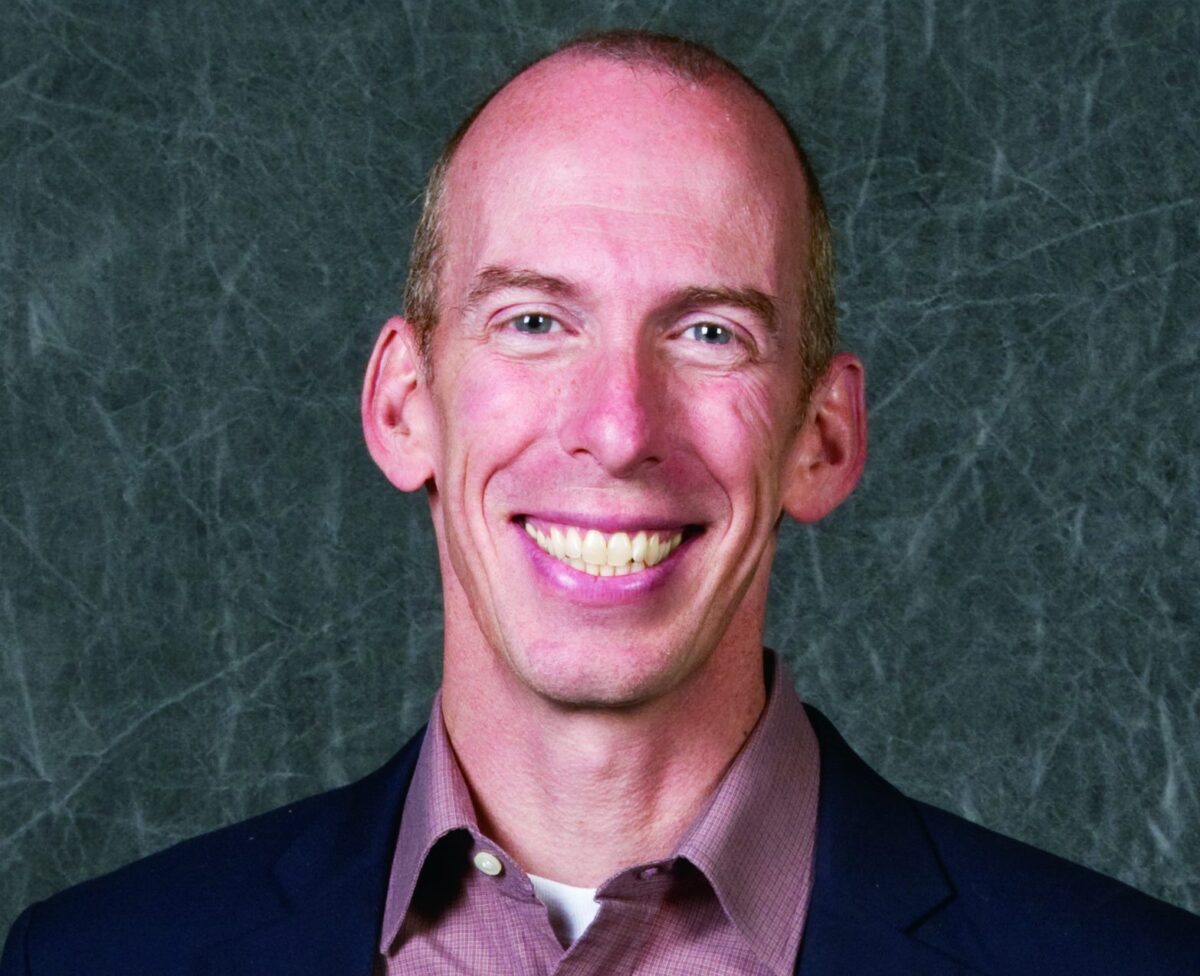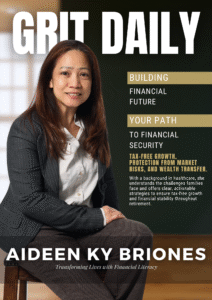Entrepreneurship is, first and foremost, about creative problem-solving. No matter how great your technology or idea is, if it doesn’t solve an important problem for enough people, you have little chance for success. Still, most innovators are too eager to jump on a solution before they fully analyze and frame the problem.
Authors and innovation thought leader Michael Goldsby shares how to dramatically overcome the odds faced with creating a breakthrough product or service. We sent him a few questions about how entrepreneurs can transform opportunity recognition into a viable business concept.
Grit Daily: In your second edition of Design-Centered Entrepreneurship, you share research-based strategies for entrepreneurs to overcome the odds of creating a breakthrough product or service. You also reveal “the big secret of innovation.” Will you let the Grit Daily readers in on the secret?
Michael Goldsby: The big secret of innovation is that it is a process, and it can be learned. Our book breaks the process down into eight steps with tools and practices to develop innovative products, services, and businesses.
Grit Daily: When entrepreneurs uncover a potential solution to a perceived problem, what more must they do before they proceed?
Michael Goldsby: It’s time to do some due diligence on that solution. Is it feasible — meaning, are we capable of making it happen? If not, what will need to be done to make it feasible for us to do? Does it make business sense? Will we get a good return on our investment if we do it? Any time we spend money in one place means we can’t spend it in another. Is it something our customers will really like? If the customers won’t love it, it’s not worth doing. Focus on what we can do well. Focused excellence is better than scattered mediocrity.
Grit Daily: In the book, you state: “The greatest discoveries occur when someone seeks answers others aren’t willing to pursue.” Can you describe some of the answers that entrepreneurs should seek?
Michael Goldsby: Most times, entrepreneurs don’t get these unique answers because they’re not trying to answer questions in a new way. Most people aren’t willing to do the hard thinking of really understanding what the real problem of the customer is. Our first idea is rarely our best, but that’s the easiest way to move forward. So, people aren’t willing to frame the real challenge they’re trying to solve in a thorough fashion. Thus, they’re not pursuing the better solutions. But the companies that get those unique insights have a competitive advantage in their markets.
Grit Daily: Describe the practice you recommend that involves “deferral of judgment.”
Michael Goldsby: Deferral of judgment is a behavior we want to develop to be better creative thinkers. Creative thinking is best with good divergence (brainstorming) and convergence (evaluation). But there’s a time for each in creative thinking. Deferral of judgment is separating the two. When we withhold judgment on ideas, we’re exploring possibilities. You never know when something wild with a little modification could be a big winner.
Grit Daily: You share that when entrepreneurs face choices in how they develop their new product or service, they often must choose between making it good, fast, or cheap. How do they make their decision?
Michael Goldsby: The decision of whether to make a product or service good, fast, or cheap is a competitive decision. You can be successful with any of them (depending on the industry, of course). What makes sense depends on what your company wants to be and what it wants to pursue. So let’s think about it: you can make something fast and cheap, but the quality might not be as good. Making something good might require you to slow down to do it well and with better parts. Or making something cheap might be able to be done fast, but it’s probably not as good as companies focusing on quality. Still, the marketplace is big, and some customers might be willing to accept less quality for cheaper prices, whereas others won’t. You have to figure out where you fit into that.
Grit Daily: The classic entrepreneur story is three buddies getting together to launch a venture. But you advocate looking for distinct types of talent for different stages of a start-up. What makes up a winning start-up team?
Michael Goldsby: We believe it helps if a team has an idea person, a strategic person, a systems person, and a person who can keep the team moving forward. Some people might hold more than one of these abilities, but you need to make sure the team can do all these parts. Rarely does one person excel at all these. We call these idea generators, conceptualizers, optimizers, and implementers.
Grit Daily: Design-Centered Entrepreneurship reads like a step-by-step guide for evaluating a potential project and successfully managing it to completion. Can you share any products or services that are on the market today from entrepreneurs who have utilized your prescriptive approach?
Michael Goldsby: Yes, we assisted a major travel company, Magical Vacation Planner (MVP), in Orlando, Florida, using this process. We sat down with the owners, Jamie and J.J. Eubanks, about 15 years ago when the agency only had a few travel advisors, and working through these steps, we were able to identify a strategy that led to the company today having hundreds of advisors. It’s one of the largest travel companies in the country, and its origin was in the small town of Mitchell, Indiana. MVP eventually outgrew Mitchell because of their successful implementation of the strategy, and it’s well-established now in the vacation capital of the world. Jamie and J.J. were very thoughtful working through the steps, and we continue to talk to this day on the next steps for growth and impactfulness. We feature the story in the book with more depth on how our process was utilized by MVP.








